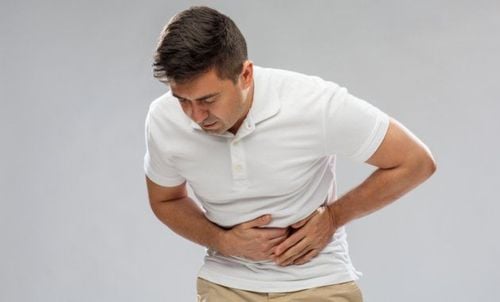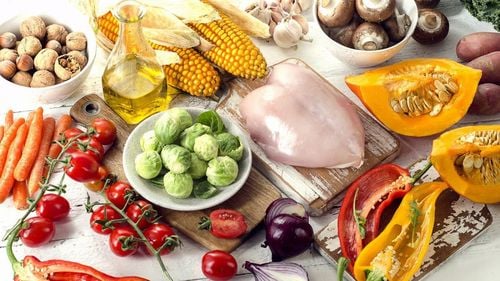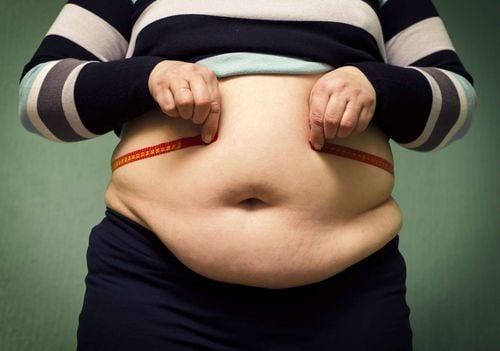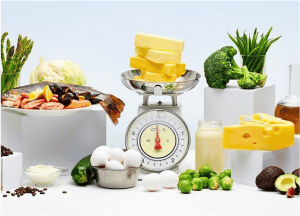This is an automatically translated article.
Today, everywhere you go you hear nutritional advice about low-carb diets. The anti-carb craze has spawned the protein-rich diet movement.
1. How Much Protein Do You Need in a Day?
When you don't get enough protein in your diet, all your organs are affected - from the kidneys to the heart. The immune system is also greatly affected, so you have a higher risk of illness, especially bacterial infections. So how much protein do you really need?
Recommended protein for men
Recommended protein for women
Source: Recommended nutrition according to the report of the Institute of Medicine in 2002
NOTE: A low-carb, high-protein diet should provide about 145 grams of protein per day or more.
2. Dangers from eating too much protein
2.1 High protein means high fat
If you're following a high-protein diet from fatty animal foods, you're not just eating a lot of protein; You are most likely also eating a high-fat diet. And high fat means more calories and an increased risk of weight gain.
According to a report by the Institute of Medicine, saturated fat, trans fat, and cholesterol found in foods increase levels of "bad" LDL cholesterol and total cholesterol intake. Therefore, this type of diet increases cardiovascular risk. Certainly eating less saturated fat is dietary advice recognized by nutritionists around the world. The fastest way to reduce saturated fat intake is to:
Eat less animal fats (fat and butter) and certain oils (coconut, palm and palm kernel oils) Choose lean meats Cut out all fat visible on meat Eat smaller portions of meat
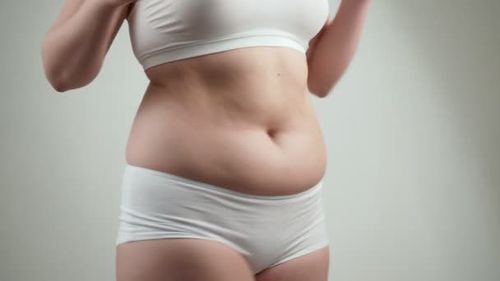
Protein cao có nghĩa là chất béo cao khiến tình trạng tăng cân xảy ra
2.2 Higher protein means lower fiber
Dietary fiber found in plants such as vegetables and fruits is the main source of carbohydrates in the average person's diet. So, if you eat a high-protein diet, chances are you're also eating a low-fiber diet. Some of the adverse health effects associated with eating a low-fiber diet include:
Constipation Increases cancer risk Increases risk of obesity Increases risk of heart disease Increases risk of type 2 diabetes Likewise, if you're eating a low-carb diet, you're also likely missing important phytochemicals (which come from vegetables, tubers, and fruits) and some vitamins and minerals.

Chế độ ăn ít chất xơ làm tăng nguy cơ bị táo bón
2.3 Higher protein means lower bone density
When the body metabolizes the proteins you eat, certain acids are activated. Your body will neutralize these acids with citrate and carbonate from the bones. Simply put, this means that as protein consumption increases, so does calcium loss.
Although this is still controversial, research shows that when you double the amount of protein in your diet, the amount of calcium lost through your urine increases by 50%. Not only does this increase bone calcium loss, but it also increases the risk of kidney stones by up to 250%.
2.4 More proteins are more dangerous
It doesn't matter whether you get your protein from animal or plant sources, says Linda Massey, PhD, Washington State University's Spokane calcium and protein expert and researcher, PhD.But some plants, like grains and legumes, provide high amounts of potassium, and potassium helps reduce calcium in the urine. Dairy products have a similar effect. The high amount of calcium in milk and milk products helps to compensate for the calcium that will be lost in the urine due to the digestion/absorption of milk proteins.
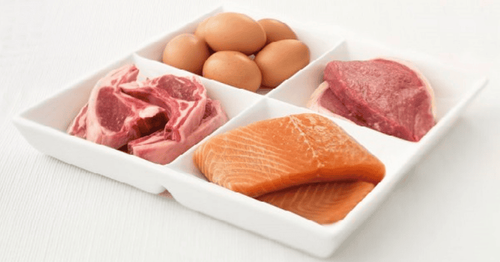
Chế độ ăn nhiều protein không đem lại nhiều lợi ích cho sức khỏe
2.5 Is it good for bones when a person eats a very high protein diet for a long time?
This has not been studied, but it appears to be related to bone loss. However, a high-protein diet is also not a recommended diet because protein is necessary to help keep bones strong.
2.6 Higher meat protein means higher colorectal cancer risk
Reviews of colorectal cancer studies show that a high-protein diet does not increase your risk of bowel cancer. However, a diet high in meat increases this risk. In the same vein, a recent Japanese study concluded that when you eat more animal protein, animal fat and oil, the incidence of colorectal cancer also increases. Interestingly, colorectal cancer rates decrease when you eat more plant protein.
2.7 People who exercise a lot need more protein?
The answer is "no." The Institute of Medicine's dietary guidelines recently concluded: "There is no evidence that healthy adults who regularly exercise are required to provide more protein."

Người tập thể thao nhiều chưa chắc cần nhiều protein hơn
3. How about weight loss with protein?
Will a low protein or low calorie diet lead to weight loss? Two recent studies have shown that reducing calorie intake is the determining factor in weight loss, not protein.
One of the most important features of a low-carb, rich diet protein is fast weight loss. Don't be fooled here. You cannot lose 2 kg of body fat per week.
So what is the amount of body weight (kg) that can be lost in the first few days of the diet? That is Water. To compensate for the lack of carbohydrates in the diet, the body uses its own carbohydrate stores in the liver and liver muscle tissue (called glycogen), which also mobilizes a significant amount of water in the body. . That's why a lot of body mass is lost rapidly due to - that's right - urinating a lot.
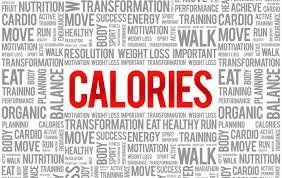
Thực tế giảm lượng calo nạp vào cơ thể mới giúp giảm cân
4. Is there any type of protein that can aid in weight loss?
It doesn't matter if your protein comes mainly from lean beef or chicken. As long as you reduce the total amount of 500 calories you take in each day and you start exercising.
This not only helps with weight loss but also improves cholesterol levels. This is a study of overweight, sedentary, non-smoking women conducted by the Rippe Lifestyle Institute in Shrewsbury, Mass. It was a 6-month clinical study that demonstrated that replacing carbohydrates with protein-rich foods resulted in significant weight loss. But its effectiveness was only maintained when these people remained on a reduced-fat diet.
High protein diets are gaining popularity in recent times due to their effectiveness in weight loss. However, many studies also point to long-term health consequences for weight loss in this way.
A gradual weight loss regimen that includes a balanced diet: rich in fiber, moderate in protein, moderate in fat is a regime that we can maintain for the rest of our lives. We need protein, but it should only be 15%, not 50% of protein is obtained from fat. So when it comes to protein, eating in moderation is the healthiest choice.
Customers can directly go to Vinmec Health system nationwide to visit or contact the hotline here for support.
Reference article source: webmd.com





